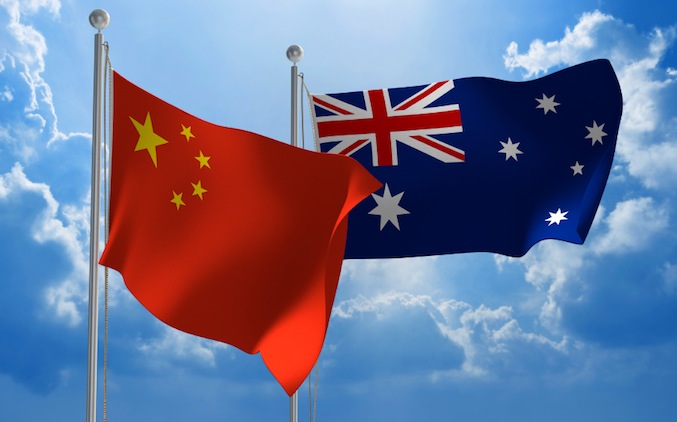In June, Australia signed the Free Trade Agreement (ChAFTA) with China. This is expected to lock-in our current trade with China and to also provide greater access to the Chinese market for a range of Australian industries and sectors.
ChAFTA’s potential benefits
From Australia’s point of view, the agreement is likely to bring in numerous benefits. Some of these include:
- Significant tariff reductions, phased in over several years. From the outset, approximately 85% of exports will be duty-free, which will increase to 95% at full implementation.
- Increased market access / reduced barriers to the Chinese market for a number of industries.
- An $18 billion contribution to the Australian economy over the next ten years.
- New classes of visa that would enable the movement of workers between the two countries.
- Enabling of the growth of e-commerce between the two countries.
Industries expected to benefit from ChAFTA
According to federal government figures, China is already our largest export destination, but under ChAFTA it is expected that trade will be further freed up for a wide range of industries. Some of these include:
- Agriculture – dairy, beef, lamb, wine, processed foods, leather and other products.
- Resources and energy – copper, aluminium, zinc, coking and non-coking coal, crude petroleum oils, liquid natural gas.
- Manufacturing – plastic products, car engines, medical equipment, and cosmetics.
- Pharmaceuticals – medicines, vitamins and health products.
- Financial services – such as banks and insurance companies.
- Tourism – for example hotels, resorts and restaurants.
- Healthcare – including hospitals and aged care services.
- Property – relaxation of the FIRB (Foreign Investment Review Board) requirements for commercial property are expected to boost property sales and values.
- Construction – Australian construction companies may now be provided with the ability to undertake construction work in China in partnership with Chinese companies. Architectural and engineering services are also expected to gain better access to China.
- Other – legal firms, telecommunication companies, and educational services.
Making the most of ChAFTA
Some of the factors you will need to consider when it comes to exporting to China include the following:
- Taxation matters.
- Financial management / accounting.
- Business location.
- Communications / language issues.
- Travel arrangements.
- Ongoing business negotiations.
- Intellectual property rights.
- Employment law.
- Legal frameworks.
- Quarantine and customs.
- The differences in culture and expectation.
Austrade’s recommendations include doing plenty of research right from the start, developing a market entry strategy, obtaining sound professional advice, and being fully conversant with Chinese business etiquette.
Exporters who wish to obtain preferential treatment under the agreement will need to provide a ‘certificate of origin’ or ‘declaration of origin’. Goods that have been wholly obtained in Australia, produced in Australia from local materials, or manufactured in Australia from foreign materials in line with ChAFTA’s specific rules will be considered to be of Australian origin.
For assistance and advice in marketing your goods and services to China, speak to our digital marketing team.











































































